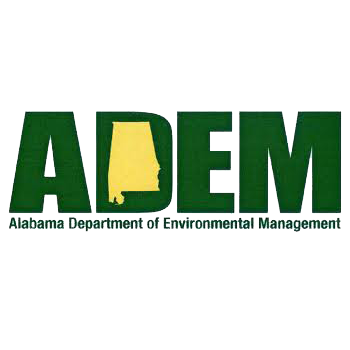
Covid-19
ADEM fines American Leakless for improper waste management
A local automotive gasket manufacturer is pledging to do better after being fined nearly $80,000 for multiple violations ... Read more

A local automotive gasket manufacturer is pledging to do better after being fined nearly $80,000 for multiple violations ... Read more